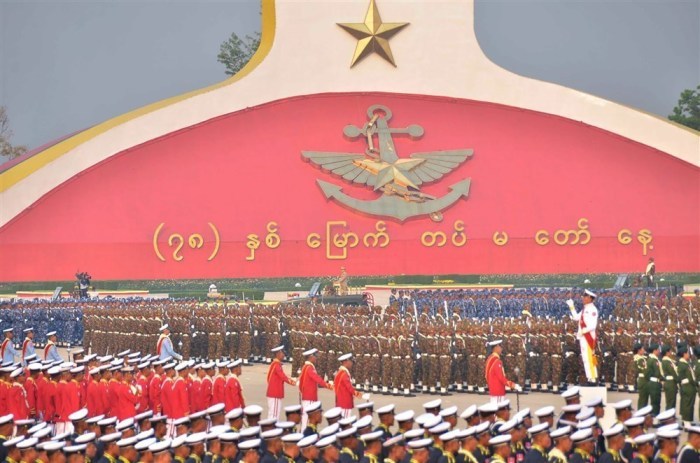
Introduction
The situation in Myanmar has garnered significant international attention as the country continues to grapple with political instability and humanitarian crises following the military coup in February 2021. With ongoing conflict and widespread protests, understanding the current state of affairs in Myanmar is crucial for comprehending the larger issues affecting democracy, human rights, and regional security in Southeast Asia.
Political Instability
Since the military coup that detained democratically elected leaders, including Aung San Suu Kyi, Myanmar has been in a state of turmoil. The National Unity Government (NUG), formed by ousted lawmakers, has been working from exile to restore democracy and has gained recognition from various international entities. However, street protests continue to be met with harsh crackdowns by the military, leading to thousands of deaths and many more injured or imprisoned.
Humanitarian Crisis
The military’s actions have triggered one of the most severe humanitarian crises in the region. According to the United Nations, over 1.5 million people have been displaced since the coup, with many seeking refuge in neighboring countries. Access to basic necessities—including food, healthcare, and education—has been severely hindered by the ongoing conflict, resulting in widespread suffering among civilians, particularly in ethnic minority areas.
International Response
The international community has reacted with condemnation towards the military junta. Sanctions have been imposed by Western nations, and the UN General Assembly has passed resolutions urging the restoration of democracy and human rights in Myanmar. However, these measures have thus far led to limited change on the ground, as the junta remains defiant against international pressure.
Conclusion
The situation in Myanmar remains critical, with a complex interplay between political aspirations, military power, and humanitarian needs. As nations continue to monitor developments, the hope for a peaceful resolution remains amidst a bleak outlook. It is essential for the global community to remain engaged and support the voices advocating for democracy and human rights in the region. Understanding the evolving circumstances in Myanmar is vital, not only for its citizens but also for maintaining stability in Southeast Asia.



